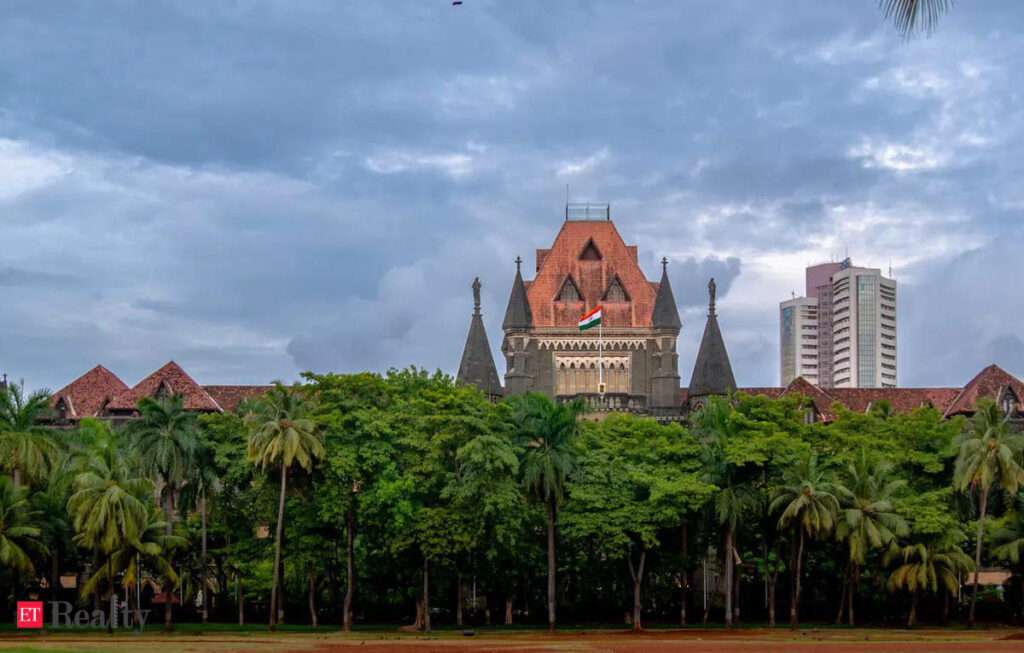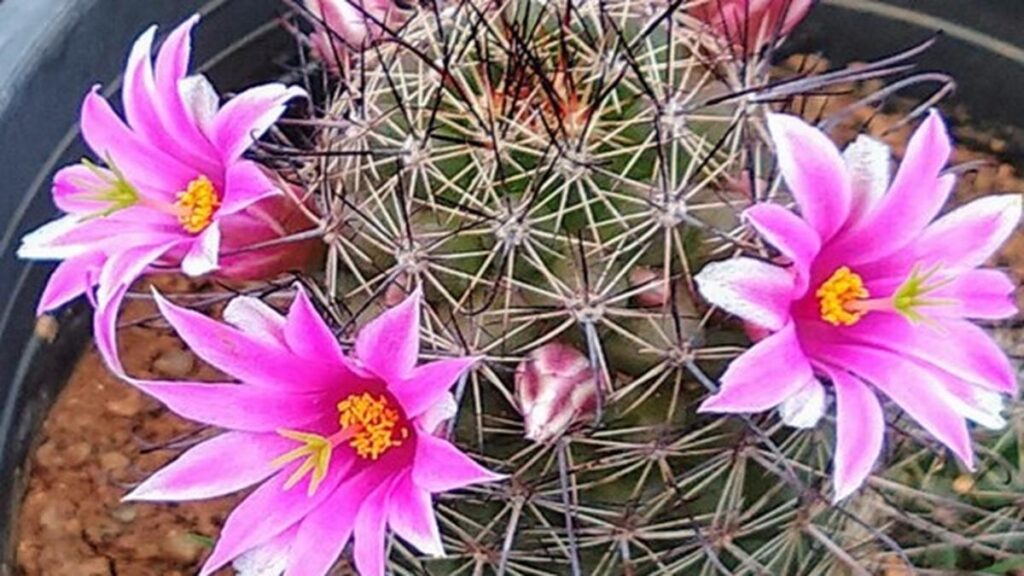MUMBAI: BMC can levy water tax and water benefit tax, which are part of property tax bill, even if no water is actually consumed by a premises’ owner/occupier, a larger bench of Bombay HC has ruled. However, if water charges are already levied for water actually consumed, the civic body cannot charge water tax and water benefit tax, it said in an order issued last week.
The issue was raised in 2005 in a writ petition filed by Mars Enterprises, which had undertaken the redevelopment of a building—Gordon House—in south Mumbai.
A water connection was provided to the building before redevelopment, and in 1995, the petitioner requested BMC to disconnect it, which the civic body responded to two years later. The petitioner used water tankers during the course of the redevelopment and after construction was completed asked for a water supply connection.
In 2004, BMC sent a Rs 21.6 lakh property tax bill to the petitioner, which included a water tax of Rs 8.8 lakh and a water benefit tax of Rs 1.7 lakh. It also included sewerage tax. The bill was challenged by the petitioner, who said since water was not actually consumed after the supply was disconnected, it was not liable to pay water tax.
In a similar matter in 2001, ONGC had challenged BMC’s 2000 demand notice for its property in H-Block, BKC, stating that in the absence of actual water supply, water tax and sewerage tax cannot be levied.
The larger bench, referring to an SC judgment, observed that since property taxes are a compulsory imposition, the liability to pay water tax and water benefit tax accrues irrespective of the consumption of water on the premises.
It said the expression “for providing water supply” in Section 140 (1)(a)(i) of MMC Act for levy of water tax does not mean the actual supply of water to the owner/occupant, and water tax can be levied irrespective of whether water is actually consumed.
It said a mere difference in the purpose behind the levy of ‘water benefit tax’, which is to meet the expenditure on laying, operation and maintenance of pipelines, would make no difference as ‘water benefit tax’ is also a component of property tax and would accordingly be leviable on a par with ‘water tax’.
It further said ‘water charges’ payable under Section 169 (1)(ii) of the Act is in lieu of payment of ‘water tax’ and ‘water benefit tax’, and if the owner/occupier of the premises makes use of the water supply facility, consumes water and pays ‘water charges’ on the basis of the quantity of water actually consumed, payment of such ‘water charges’ would be in lieu of property tax in the form of ‘water tax’ and ‘water benefit tax’.
Once the water charges are paid, it is not necessary for the owner/occupier to once again pay either ‘water tax’ or ‘water benefit tax’, the bench said.
HC has now referred the matter to the division bench for an appropriate order.
Source Homevior.in




